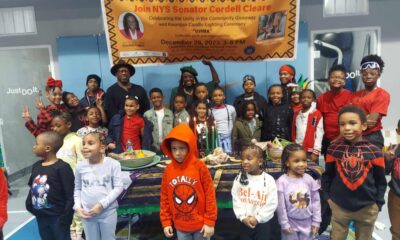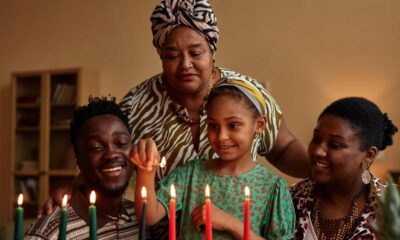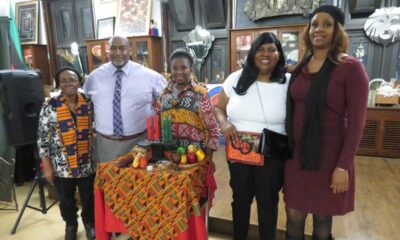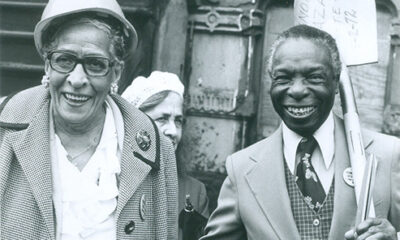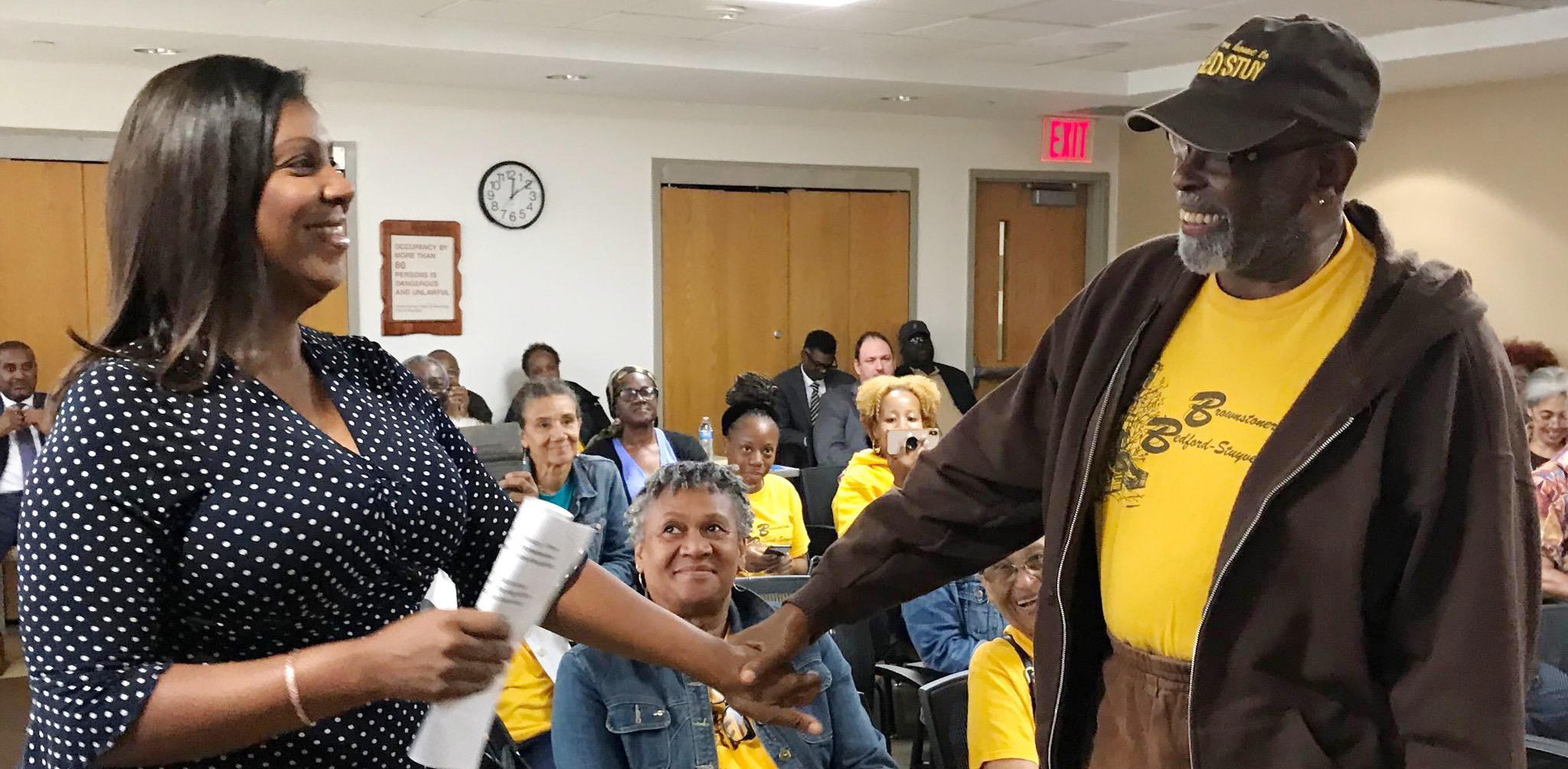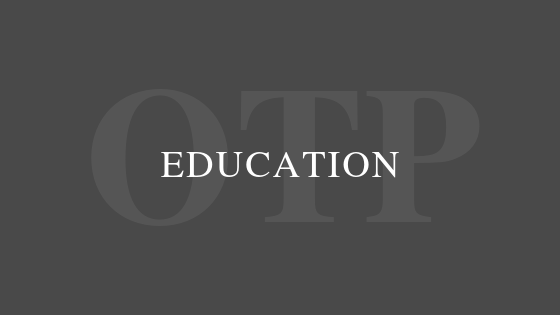featured
A Kwanzaa Project
If we accept as valid the proverb, “It takes a village to raise a child”, and if we cannot identify the village, do we resign ourselves to being unable to raise our children or do we re-create the village? The saying was quite popular a few years back but is not heard as much, if at all, today. The phrase elicited thoughts of traditional African villages; the way the social organization facilitated the nurturing and training of the young to assume their role in the survival of the village. It strikes me as odd since our children are in dire need of the village given the off-the-charts statistics on our youth falling prey to gun violence, imprisonment, unemployment and other social and economic ills. It’s becoming obvious that we, parents of African descent, must revive the ownership of the highest-held value as cited by Edwin Nichols – relationships. We owe it to future generations. We owe it to humanity.
The proverb takes on added significance when we look at the varied plights of our youth today. More and more people complain of not having the time for family and friends. “Studies reveal that more and more parents are not spending time with their children. The economy flourishes when individuals are isolated as industries sell more ‘stuff’. However, the village, which gave birth to the proverb, becomes extinct because relationship and sharing lay at its core.”
If we accept the validity of the proverb and if we cannot identify the village, do we resign ourselves to being unable to raise our children or do we re-create the village. We waste valuable time debating each other and/or merely reacting to external forces (which are wreaking havoc on our families). A proactive stance is needed to involve youth in activities which promote critical thinking, problem-solving and creativity. I am continually amazed by the acceptance and respect that young folk have for adults they’ve tested and found to be genuine. The investment yields incredible returns. Rather than finding fault with what others are doing or not doing, we need to make sure that there is a model that we can work with even if we have to create the model. And it’s important that individuals know that our children need programs that are designed to unleash their innate intelligences, increasing their sense of self-esteem and liberating them from the shackles often imposed by an educational system that labels intelligence by test results.
So I hereby propose that as an Asante Sana (thank you) to Maulana Karenga, adults should create or participate in an activity that provides youth in their neighborhood opportunities to discover, grow and share their intelligences. It’s a way of putting the principles to practice and making some much-needed changes in the statistics of our children. It’s time to “Unleash the Genius of Our Children” while creating opportunities for youth that are generated by their neighbors.
An example: The work has begun on revising and resuming a family/block-sponsored event held for three years in Crispus Attucks Park at Classon Avenue and Fulton Street. The Moses-Groce Memorial Basketball Tournament was born out of the tragic death of Dennis Groce, 81, who was shot and killed by NYC Transit Police in 1986 as he entered his apartment building, and the death of Keith “Pamoja” Fruster, called “Moses” on the basketball court who was planning a memorial tournament for Mr. Groce at the time of his death in 1989. Both were residents of Lefferts Place. The idea resurfaced with the transition of Jitu Weusi who was a Lefferts Place resident for a number of years and the event
will return as the “GMW Classics”, listing other deceased residents who contributed to the community and featuring basketball, SCRABBLE and other competitions continuing its original focus of engaging African-American youth in competitions, promoting intergenerational relationships, civic participation and community pride. Stay tuned as the committee insists that “It isn’t just basketball, we’re building community”.
Some points in creating community –
1. Accept differences – The focus should be on what the person can contribute to the goal and the purpose and goals must be stated, not merely assumed.
2. Every adult should be an advocate for one or more youth.
3. Develop stress-free ways of supporting parents and children.
4. Parents of adult offspring are valuable resources.
5. Parents, don’t let your child think s/he cannot be corrected by another adult.
Shares/comments welcomed at parentsnotebook@yahoo.com
#####


